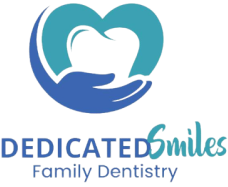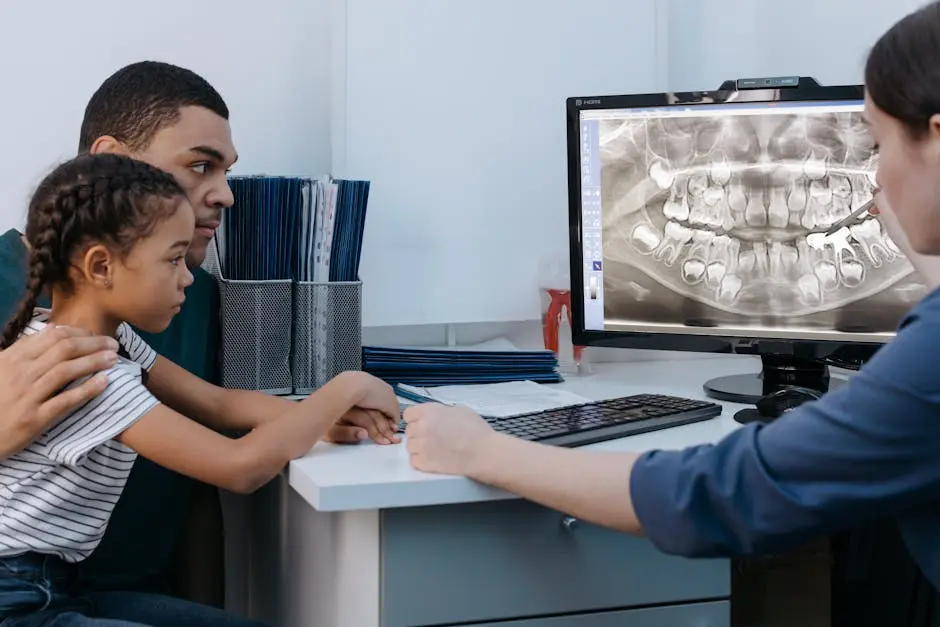Finding the right dentist for your family can feel overwhelming, especially with so many options in Fairfax County. To make the process a little easier, we’ve compiled a list of important questions to consider. These will help you assess each dentist’s qualifications, approach, and whether they’re the right fit for your family’s dental needs.
1. What Are the Dentist’s Qualifications and Experience?
Understanding the educational background and years of practice of your potential dentist can provide you with peace of mind regarding their skills. A qualified dentist should have completed not only dental school but also any relevant continuing education. Experience in handling diverse cases can also reflect their adaptability and proficiency.
Beyond degrees, consider asking if they have additional certifications in specialized areas such as orthodontics or cosmetic dentistry. This can be particularly helpful if you or your family members have specific dental needs.
2. What Dental Services Are Offered?
Inquire about the range of dental services the practice provides, from routine check-ups to specialized treatments, to ensure they meet your family’s needs. It’s essential to know if they offer pediatric dentistry if you have children, as well as emergency services for any unexpected situations.
Having a one-stop-shop for dental care means you can easily maintain your family’s oral health without the hassle of switching providers. Check if they provide preventative, restorative, and cosmetic services.
3. What Is the Office Environment Like?
Learning about the office atmosphere can help you gauge whether it’s welcoming and comfortable, especially for children. A child’s first experience at the dentist can set the tone for future visits, so it’s important to find a practice that is kid-friendly.
You might want to visit the office or check photos online to get a feel for the environment. Is it bright and lively or sterile and intimidating? Consider how the waiting room is set up—are there toys and books for kids? Such details can make a significant difference.
4. How Is Emergency Care Handled?
It’s crucial to know how your dentist addresses urgent situations, ensuring your family will be taken care of in case of emergencies. Ask if they have a protocol for after-hours emergencies and how quickly you can expect a response.
Inquire if they provide any guidance on what to do in case of a dental emergency, such as a knocked-out tooth, or if they refer patients to an emergency clinic. Knowing ahead of time can reduce anxiety during emergencies.
5. What Are the Payment Options and Insurance Policies?
Understanding the financial aspect, including accepted insurance plans and payment options, is essential for budgeting your family’s dental care. Ask if they have in-house financing or payment plans available, which can make dental care more affordable.
Discussing insurance can be complex, so clarify if they handle the billing directly with your provider or if you need to submit claims yourself. Ensuring that there are clear processes in place will save you headaches later.
6. What Are the Office Hours and Availability?
Inquire about the office hours to ensure they align with your family’s schedule, especially for young children or working adults. Some families might prefer early morning or late evening appointments, so flexibility is key.
Ask how easy it is to book appointments and whether they offer same-day visits for urgent needs. Knowing their availability helps you plan better, ensuring that dental visits fit seamlessly into your family’s busy routine.
7. What Are Patient Reviews and Feedback?
Reading reviews from other patients can provide insight into the quality of care and customer service at the dental practice. Look for consistent themes in the feedback, such as comfort level and staff friendliness.
Don’t hesitate to ask the dentist directly for testimonials. A reputable practice often has positive endorsements and happy patients willing to share their experiences. This can enhance your confidence in your choice.
8. Is the Dentist Up-to-Date with Modern Techniques?
It’s important to find out if your dentist utilizes the latest technology and techniques in dental care for optimal results. Ask about the types of equipment they use and whether they prioritize ongoing education to keep their practice current.
Modern practices often incorporate digital imaging, laser dentistry, and CAD/CAM technology for faster and more effective treatments. Such innovations can significantly enhance your experience and outcome, making it worthwhile to know.
9. How Does the Dentist Handle Child Patients?
If you have kids, ask specifically how the dentist approaches pediatric care to ensure kids feel comfortable during their visits. Find out if they provide an engaging and fun atmosphere or if they have child-friendly treatments.
Additionally, asking about the training staff receive specifically focused on children can be reassuring. Their ability to explain procedures in a friendly and non-threatening manner can significantly affect your child’s comfort.
10. What Are the Preventive Care Strategies?
Inquire about the preventive measures the dentist encourages to maintain oral health and avoid future issues. A good practice prioritizes prevention as a means of reducing the need for extensive treatments down the line.
This can include regular cleanings, fluoride treatments, and education on proper dental hygiene at home. Ask how they tailor these strategies to suit different age groups within your family, ensuring everyone gets the care they need.
11. What is the Follow-Up Procedure?
It’s good to know what follow-up looks like after procedures, so you can be prepared for any aftercare your family might need. Whether it’s scheduling future visits or managing any discomfort, clarity in this area is crucial.
Ask if they provide resources or contacts for questions post-treatment. Knowing that support is readily available can ease any worries you might have about recovery or complications.
12. Can the Dentist Explain Complex Procedures Simply?
A good dentist should be able to clarify complicated dental issues in layman’s terms, promoting better understanding and comfort. During your consultation, pay attention to how they explain treatment options and address your questions.
Those with strong communication skills will not only help alleviate any fears you might have but will also empower you to make informed decisions regarding your family’s dental care. Finding someone who is patient and willing to educate is invaluable.


